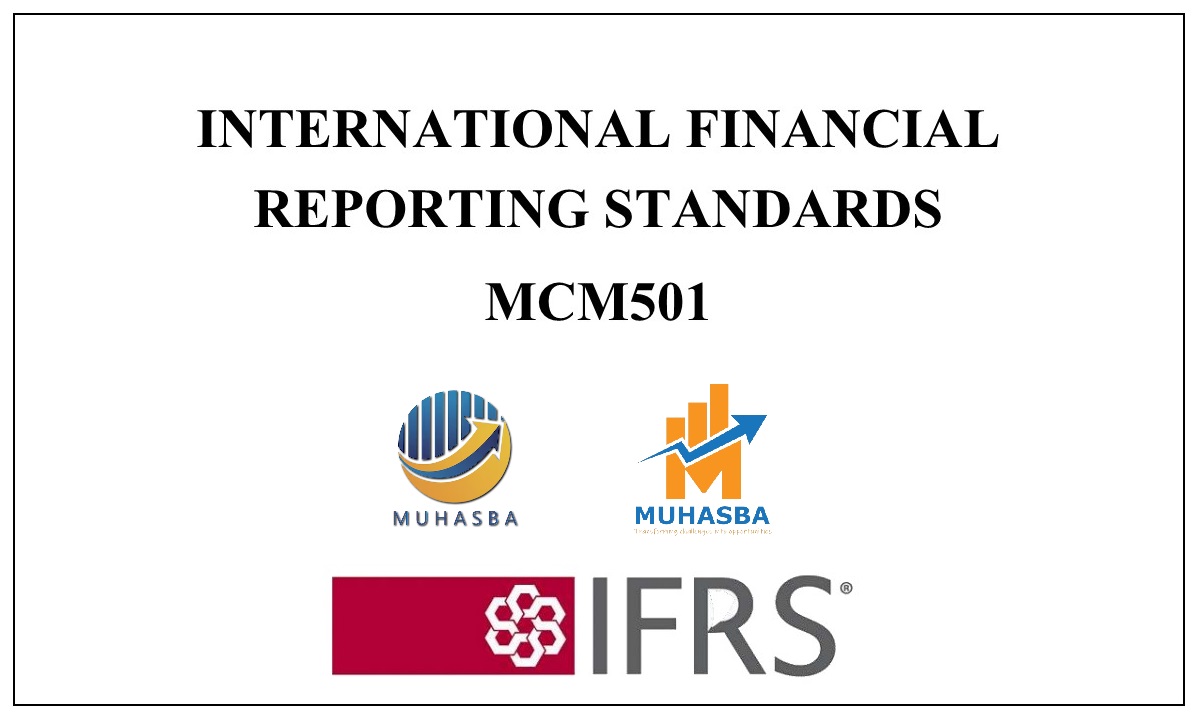In the global landscape of accounting practices, adherence to standardized financial reporting norms is crucial for ensuring transparency, comparability, and reliability of financial statements across borders. The United Arab Emirates (UAE), known for its dynamic economy and thriving business environment, has increasingly embraced International Financial Reporting Standards (IFRS) as a cornerstone of its accounting framework. This article delves into the significance of IFRS for accounting firms operating in the UAE, exploring its adoption, impact, challenges, and future prospects.
Understanding IFRS: Foundation and Adoption.
IFRS represents a set of accounting standards developed by the International Accounting Standards Board (IASB). Its primary objective is to provide a common global language for business affairs so that financial statements are understandable and comparable across international boundaries. The UAE, recognizing the benefits of aligning with global financial reporting practices, has adopted IFRS for both listed companies and non-listed entities.
The Emirates Securities and Commodities Authority (ESCA) mandates the application of IFRS for publicly listed companies in the UAE stock exchanges, ensuring transparency and enhancing investor confidence. Moreover, many private companies and subsidiaries of multinational corporations voluntarily apply IFRS to streamline their reporting practices and facilitate international business transactions.
Impact of IFRS on Accounting Firms in the UAE.
The implementation of IFRS has significantly influenced accounting firms operating in the UAE, prompting them to adapt their methodologies and expertise to comply with these rigorous standards. Key impacts include:
Enhanced Transparency and Consistency: IFRS fosters transparency by requiring companies to disclose relevant financial information accurately. Accounting firms play a pivotal role in ensuring that their clients adhere to these standards, thereby enhancing the credibility of financial statements.
Global Competitiveness: By adopting IFRS, UAE-based firms can compete on a global scale more effectively. Consistency in financial reporting facilitates easier comparison with international peers, attracting foreign investments and partnerships.
Increased Demand for Specialized Knowledge: The complexity of IFRS necessitates specialized knowledge and skills among accountants. Firms invest in training their professionals to stay updated with evolving standards and interpretations issued by the IASB.
Standardization of Practices: IFRS promotes uniformity in accounting practices, reducing discrepancies and enhancing the reliability of financial information. This standardization is particularly valuable for multinational corporations operating subsidiaries in the UAE.
Challenges in Implementing IFRS.
While the benefits of adopting IFRS are substantial, accounting firms in the UAE face several challenges in its implementation:
Complexity and Interpretation: IFRS standards can be intricate, requiring firms to interpret guidelines accurately and apply them consistently across diverse industries.
Transition Costs: Initial implementation of IFRS may involve significant costs related to training, software upgrades, and restructuring of financial reporting systems.
Legal and Regulatory Environment: The UAE's legal and regulatory framework may differ from those in other jurisdictions, posing challenges in reconciling local requirements with IFRS principles.
Cultural and Linguistic Differences: Multinational firms operating in the UAE must navigate cultural and linguistic differences when applying IFRS, ensuring accurate translation of financial terms and concepts.
Future Outlook and Adaptation.
Looking ahead, the future of IFRS in the UAE appears promising, driven by ongoing efforts to harmonize global accounting standards. Key considerations for accounting firms include:
Continued Education and Training: Firms must prioritize continuous professional development to stay abreast of IFRS updates and advancements in accounting practices.
Technological Integration: Leveraging advanced accounting software and technologies can streamline compliance with IFRS, improving efficiency and accuracy in financial reporting.
Regulatory Alignment: Closer alignment between local regulations and IFRS principles will facilitate smoother adoption and compliance for UAE-based firms.
Emerging Trends: The evolution of IFRS, including new standards and interpretations, necessitates proactive adaptation by accounting firms to maintain compliance and uphold the quality of financial reporting.
In conclusion, IFRS has emerged as a fundamental framework for accounting firms in the UAE, promoting transparency, comparability, and global competitiveness. While challenges persist in its implementation, proactive measures and continuous adaptation are essential for harnessing the full benefits of these international standards. As the UAE continues to solidify its position in the global economy, adherence to IFRS will remain pivotal in shaping the future of financial reporting practices in the region.

